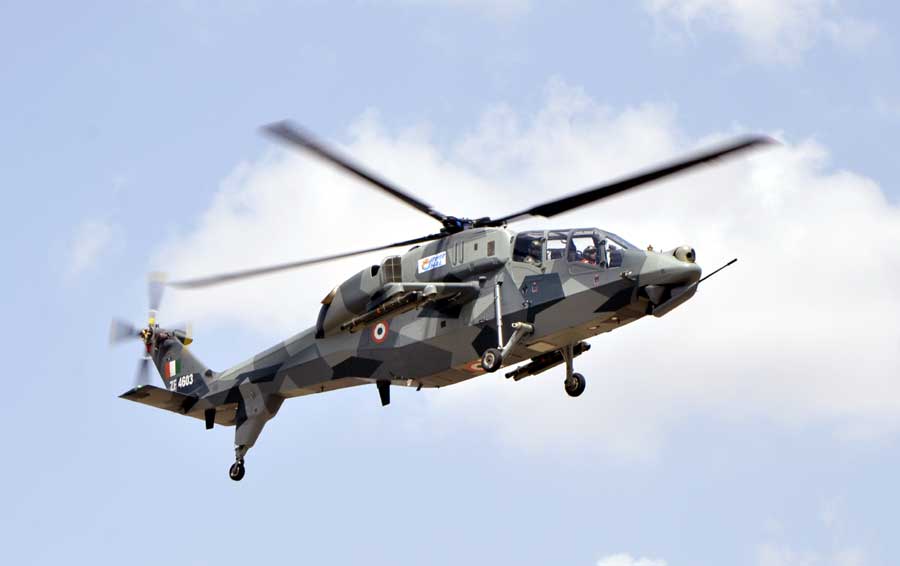IDR Blog
Tibet's Invasion: the Last Warning
An interesting exchange between the Indian Prime Minister (Jawaharlal Nehru), the Political Officer in Sikkim (Harishwar Dayal) and the Head of the Indian Mission in Tibet (Sumul Sinha) took place at the time Communist China started to mass troops at the border of Tibet in August 1950. The full-fledged invasion will take place 2 months later...
What a short, swift war means for the Infantry
India expects that the next war will be swift and short. It would be swift in not being a replay of Operation Parakram in which, as critics would have it, India took time to mobilise, thereby, risking losing the initiative. It would be a short in that the nuclear threshold would tend to loom larger as the war lengthens in duration and with...
Defence Procurement Procedure 2016: Heralding a Transformational Change

speculations in the wake of recent policy pronouncements on the intensely debated subject of India’s defence capital acquisitions to rest, the much awaited 2016 version of the Defence Procurement Procedure (DPP) has been unveiled at the ninth Defence Expo in Goa[i] by the Raksha Mantri on 28 March 2016.[ii] Aim and scope An apparent...
Great Game Encore: Power rivalries are playing out loud in Central Asia
The continuing crisis in Ukraine has led to the end of the post-Cold War status quo in Europe and a return to US-Russian rivalry that reflects the competition for power that had taken place between Russian and British Empires in the 19th century in the Central Asian region. As the Russian involvement in the neighbouring Ukraine’s rebellion has...
Jawaharlal: did he want Tawang or not?
I republish this article on Maj Bob Khathing, one of the most illustrious sons of the Assam Rifles. Without his skills and his intelligence of the area, Tawang would perhaps be Chinese today. Interestingly, Mao and his colleagues did not realize before 1953/54 that once upon a time, Tawang had been administrated by Lhasa. A few years before he...


